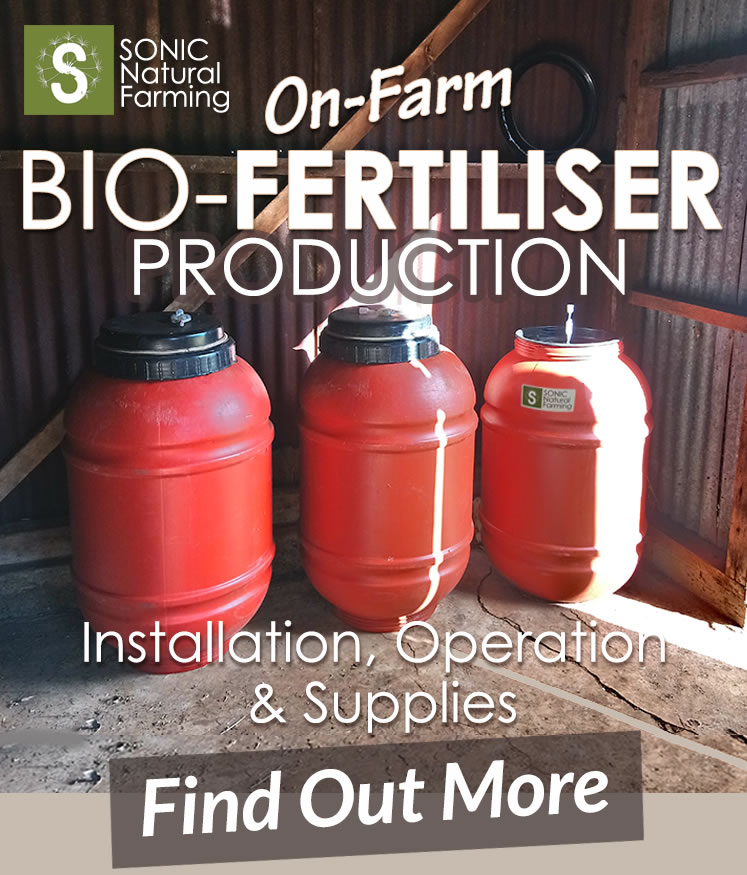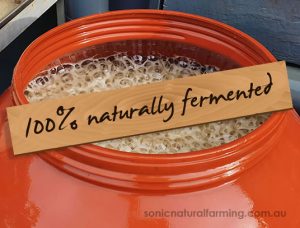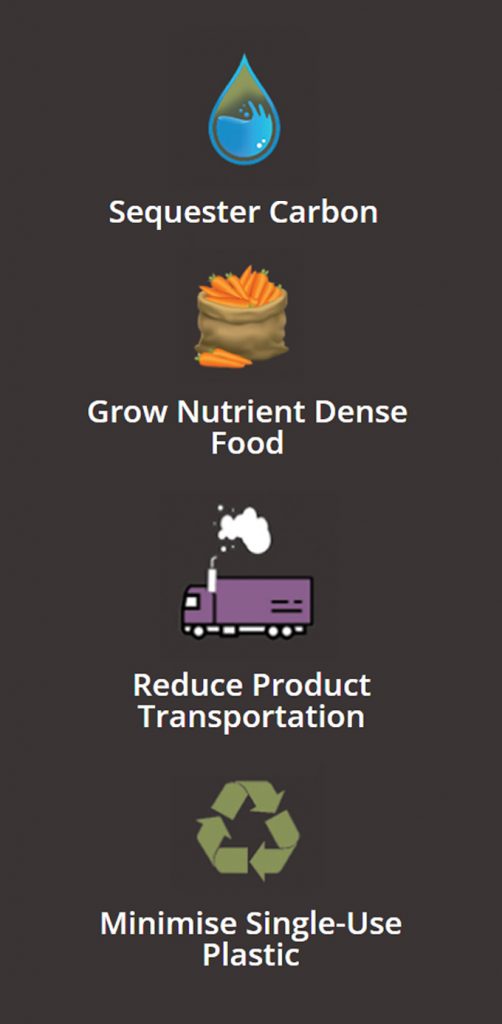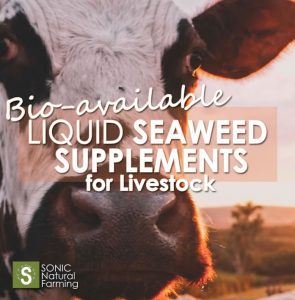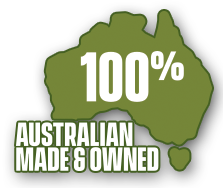These days you don’t have to be just a consumer to shop at the supermarket, you have to be a scientist. How did we create such a dependence on a myriad of denatured and highly processed foods from all over the globe?
A simple ice block that used to be made up of fruit juice, is now made up of ingredients called Maltitol, made up of C12H24O11, Erythritol, made up of C4H10O4, and Citric Acid C6H8O7.
These chemical compositions are made from corn (usually genetically engineered), and turned into an artificial sugar alcohol. The harmless frozen fruit juice iceblock for the kids, now becomes frozen sugar alcohol.
Has Grown Food Become Fake?
A cucumber is only an ‘authentic’ cucumber if it is grown from a real cucumber seed, in soil with real (not synthetic) minerals, real water, real sunlight, and without chemical inputs that destroy the biological life in the soil that transports minerals into the plants.
When a plant is grown in soil that houses living biology, it has the ability to take in real nutrients. If it does not, then the fruit or vegetable will be nutrient deficient. You may eat a cucumber, that looks like a fat healthy cucumber, but it will only give you the nutrition that it holds, which, if grown with chemicals, will be mostly water and fake minerals.
It is not just the Poverty Stricken who are Starving
Many people today lack real nutrition, because nutrition cannot be attained through highly processed and even conventionally farmed food.
We have become almost entirely dependent on the handy supermarket to supply us with our food. Food it supplies, yes, nutrition? no.
How to Source ‘Real’ Nutrient Dense Food
Our mission at SONIC Natural Farming is to help farmers that have adopted natural farming principals, by making their 100% natural Bio-Fertilisers for them, at a cost effective rate, on farm.
With food farmers happy and profiting on their farm, we can start to see an increase in the nutrient dense food supply.
As consumers too, we need to be aware of our role;
1. Find out where your fresh food is coming from and local farms that can supply you. Ask them about their farming methods. Let them know you are looking for food grown in chemical or spray free soil.
2. Investigate what ‘organic’ means in your country. In some countries the ‘organic’ criteria means farms are allowed to use synthetic fertilisers.
3. Eat what is in season. By doing so, it will automatically drive more demand/business toward local producers instead of to overseas imports. By the way ‘everything’ that is classed as food entering Australia is irradiated.
4. Buy locally grown and locally supplied. This is the way to move toward regenerative farming quicker. Farmers meet demands. If the demand is for chemical free food, that is where farming will go.
5. Become self sufficient. Grow, harvest and preserve your own!
Take a quick tour of some of Sonic Natural Farming’s nutrient dense forage gardens in the following video.


